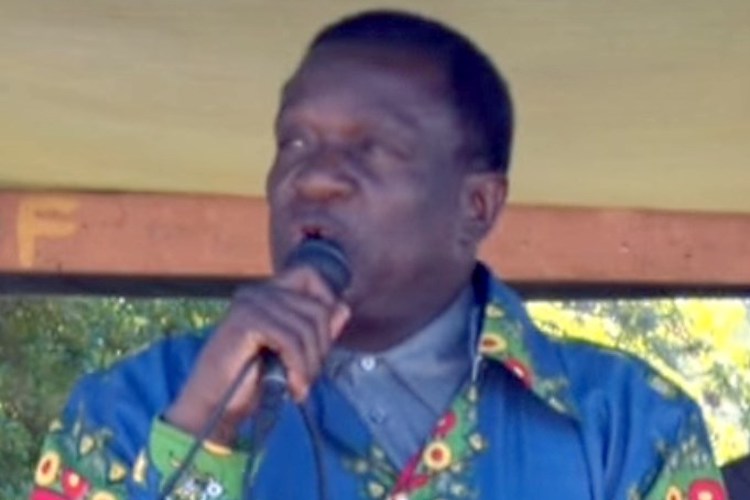By Lisa Vives, Global Information Network
NEW YORK | HARARE (IDN) – The hastily organized inauguration of Emmerson Mnangagwa as president of Zimbabwe has hit a brick wall.
Invitations to the heads of diplomatic mission, international organizations and consulates were pulled back after challenges to July 30 general election put a question mark around the slim victory of Mnangagwe over his rival Nelson Chamisa.
Mnangagwa allegedly beat Chamisa with 50.8 percent of the vote to Chamisa’s 44.3 percent.
The ceremony was slated for Sunday, August 5, at the National Sports Stadium in Harare despite clashes between opposition protestors and soldiers that broke out shortly after polls closed. Some six people died in the melee, many others were beaten and a number sought refuge in neighbouring Zambia.
As the post-election violence increased, Mnangagwa called for “peace and unity” but this failed to unite the nation – at least half of whom had cast ballots for Chamisa’s Movement for Democratic Change (MDC).
In early returns, the MDC was leading by about 50,000 votes over the ruling ZANU-PF. But that lead suddenly evaporated when returns from the fifth out of 10 provinces were announced.
Mnangagwa, who ousted his predecessor, Robert Mugabe, in what was widely described as a “coup”, called the voting a “celebration of Zimbabwean democracy, a festival of unfettered freedom. With the eyes of the world on us we delivered a free, fair and credible election.”
“It is now time to put the election period behind us and embrace the future,” Mnangagwa said during Heroes Day commemorations in Harare.
“We should never be deterred by temporary setbacks or regrettable events which we encounter in our cause to build an open, free and democratic, prosperous Zimbabwe.”
It is now up to the Constitutional Court over the next 14 days to rule on the challenges brought by the MDC.
Meanwhile, according to reporters on the ground, hundreds of opposition activists are in hiding from an army-led crackdown. Over the previous weekend, soldiers were seen moving through suburbs of Harare, the capital, and satellite cities beating supporters of the MDC, firing weapons outside the homes of its MPs and sealing off the homes of leaders’ families.
“There are people disappearing. We don’t know how many – maybe 30, maybe 50. They are clearly trying to scatter the leadership, to stop us organizing,” Nkululeko Sibanda, an MDC spokesman, said.
As Mnangagwa struggles to unify sparring members of his own party and divisions in the armed forces, he may seem ineffectual. But many remember his record as State Security Minister when in 1983 some 20,000 minority Ndebele people were murdered in “a moment of madness”, according to ousted president Mugabe.
Much to Mnangagwa’s disquiet, U.S. President Donald Trump has approved a new law that imposes tough new conditions that Zimbabwe must fulfil before sanctions are lifted. The new law, which amends that of 2001, will effectively extend U.S. sanctions against Zimbabwe.
The European Union and the U.S. imposed sanctions against Zimbabwe in 2000, after they accused ex-president Robert Mugabe of trampling on human rights, rigging elections and repression of press freedom – accusations that the nonagenarian denied.
The sanctions led to devastating economic challenges, with the country reportedly now about 85 percent out of jobs. The U.S. law says the Zimbabwean army must “respect the fundamental rights and freedoms of all persons and to be nonpartisan in character”.
The Zimbabwe Democracy and Economic Recovery Amendment Act (ZIDERA) which was signed into law on August 10, states that for sanctions to end, Zimbabwe’s poll must be “widely accepted as free and fair”. Mnangagwa has said the Southern African nation is open for business, but political observers apprehend that this U.S. law could weaken his plan. [IDN-InDepthNews – 14 August 2018]
Photo: Emmerson Mnangagwa speaking in Headlands on Didymus Mtasa as Vice President of Zimbabwe in 2015. CC BY 3.0
IDN is flagship agency of the International Press Syndicate.
facebook.com/IDN.GoingDeeper – twitter.com/InDepthNews

